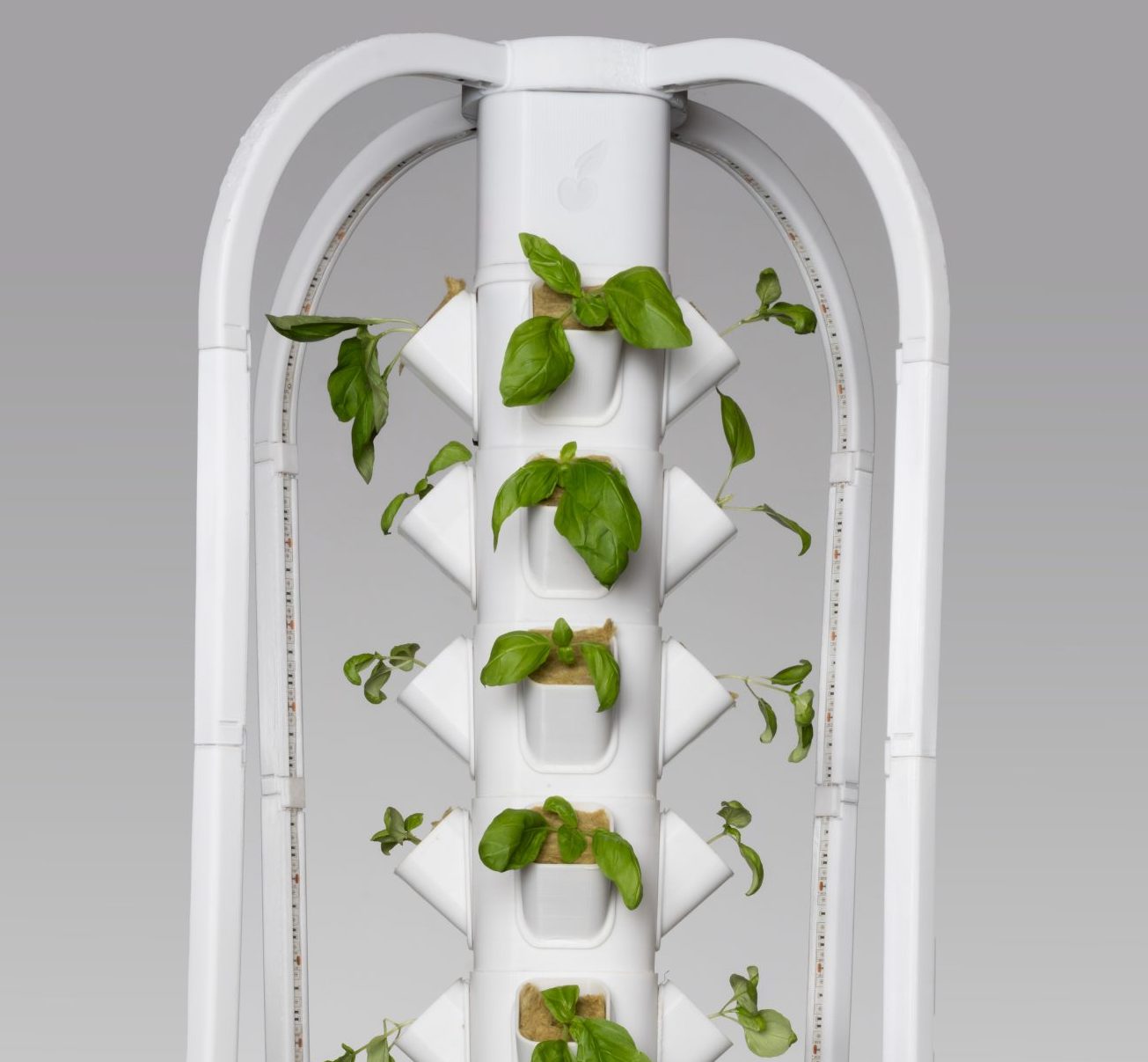Gardening enthusiasts often find themselves at a crossroads when choosing between hydroponic systems and traditional soil gardening. Each method has its unique advantages and drawbacks, which can influence your decision based on your specific needs and circumstances. In this article, we'll explore the pros and cons of both approaches.


Hydroponic systems provide plants with direct access to nutrient-rich solutions, promoting faster growth and higher yields compared to soil gardening.
Hydroponics uses up to 90% less water than traditional soil gardening, making it an eco-friendly choice for sustainable agriculture.
Hydroponics systems can be set up vertically, maximizing space usage, which is ideal for urban gardening or areas with limited space.
Hydroponic growing is unaffected by seasonal changes. Hence hydroponics allows for year-round cultivation and can ensure you will have a continuous supply of fresh produce.
By eliminating soil, hydroponics significantly reduces the risk of soil-borne pests and diseases, leading to healthier plants
The initial investment for a hydroponic system can be higher than traditional gardening due to the cost of equipment and the technology involved.
Managing a hydroponic system requires an understanding of nutrient management, pH levels, and system maintenance.
Most hydroponic systems rely on electricity to power pumps and lights, making them vulnerable to power outages.
Starting a traditional garden generally requires a lower initial investment compared to setting up a hydroponic system.
Soil provides a natural environment with beneficial microorganisms that aid in plant growth.
Soil gardening is straightforward and doesn’t require specialized knowledge or equipment.
Unlike hydroponics, soil gardening does not depend on electricity, making it a more resilient option during power outages.
Plants typically grow slower in soil compared to hydroponic systems due to less efficient nutrient uptake.
Soil gardening can be less water-efficient, with significant amounts of water being lost to evaporation and runoff.
Soil gardening is more susceptible to pests and soil-borne diseases, which can affect plant health and yield.
Soil gardening is often limited by seasonal changes, reducing the ability to grow certain plants year-round.
